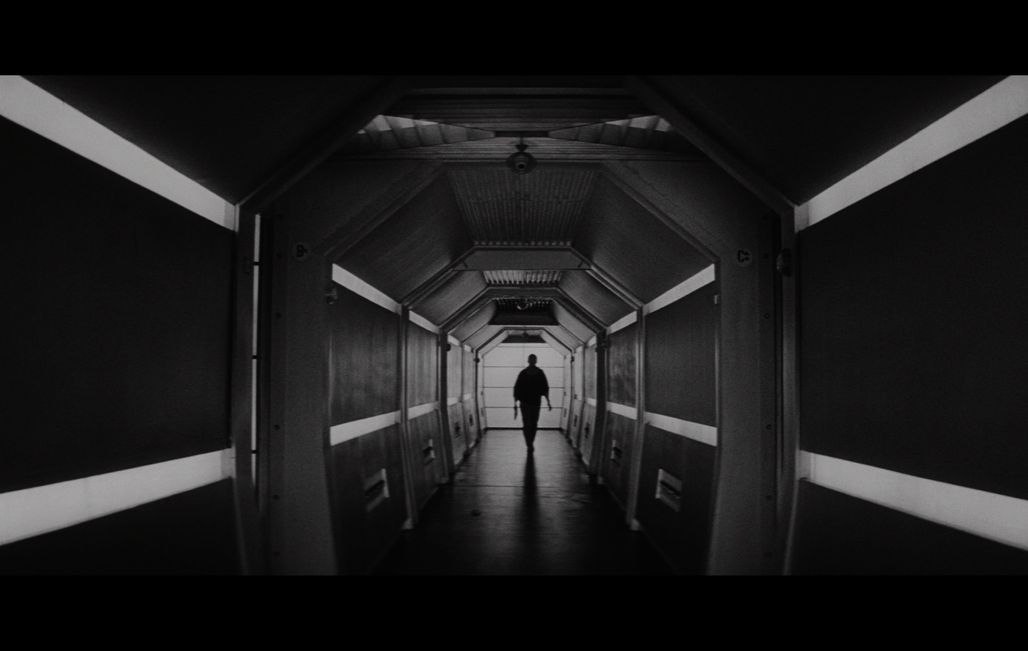
Ikarie XB 1: Sci-Fi from the Eastern Bloc

Cannes Classics presents the original restored version of IKARIE XB 1 by Jindrich Polak, a Czechoslovak Sci-Fi film first released in 1963. An interview with Cyril Despontin, Director of the Paris International Fantastic Film Festival and the Hallucinations Collectives festival.
Is this, as some suggest, one of the most original Sci-Fi films of all time?
Well yes, at the time it was made, it constituted a mini-revolution in the way it portrayed space, using a series of effective and innovative special effects, and the ease with which it blended several styles in a single film – not only Sci-Fi but also thriller, romance and political drama.
Is the film a reflection of its era? Can it be seen as a vision of the fall of capitalism as seen by an Eastern Bloc country?
Yes, the story of the film, with its human colony seeking a new planet and a new humanity, is an allegory of the search for the ideal society, as opposed to the dominant Western model.
What films inspired IKARIE XB 1? It's said that the film in turn inspired 2001: Space Odyssey. Is that true?
2001 Space Odyssey (1968) by Stanley Kubrick is often cited in connection with this film, as is Solaris (1972) by Andrei Tarkovsky and Planet of the Apes (1968) by Franklin J. Schaffner. And the domestic robots in the film may have been inspired by Forbidden Planet (1956) by Fred M. Wilcox.
The spiritual descendants of Ikarie XB 1 are legion. The "transparent model" effects predate George Lucas' Star Wars (1977) by several years. The encounter with an abandoned vessel probably influenced Alien (1979) by Ridley Scott and the contagious madness in a confined space foreshadows Sunshine (2007) by Danny Boyle.
What is the difference between this original (Czech) version screened in Cannes Classics, and the American version more widely distributed when the film first came out?
Like Godzilla (1954) by Ishirô Honda and Nausicaä of the Valley of the Wind (1984) by Hayao Miyazaki, the film has long since been known, reedited and dubbed in English, by the name Voyage to the End of the Universe.
The new edit changed the angle of the film to such an extent that its meaning was completely changed.
This long overdue restoration restores the film to its original intentions, with pictures worthy of this splendid work in black and white.


